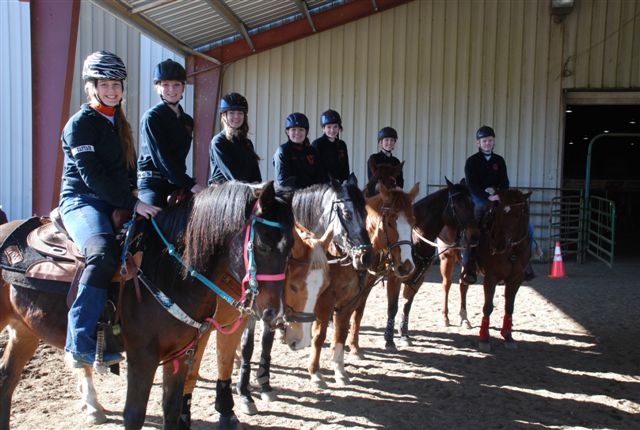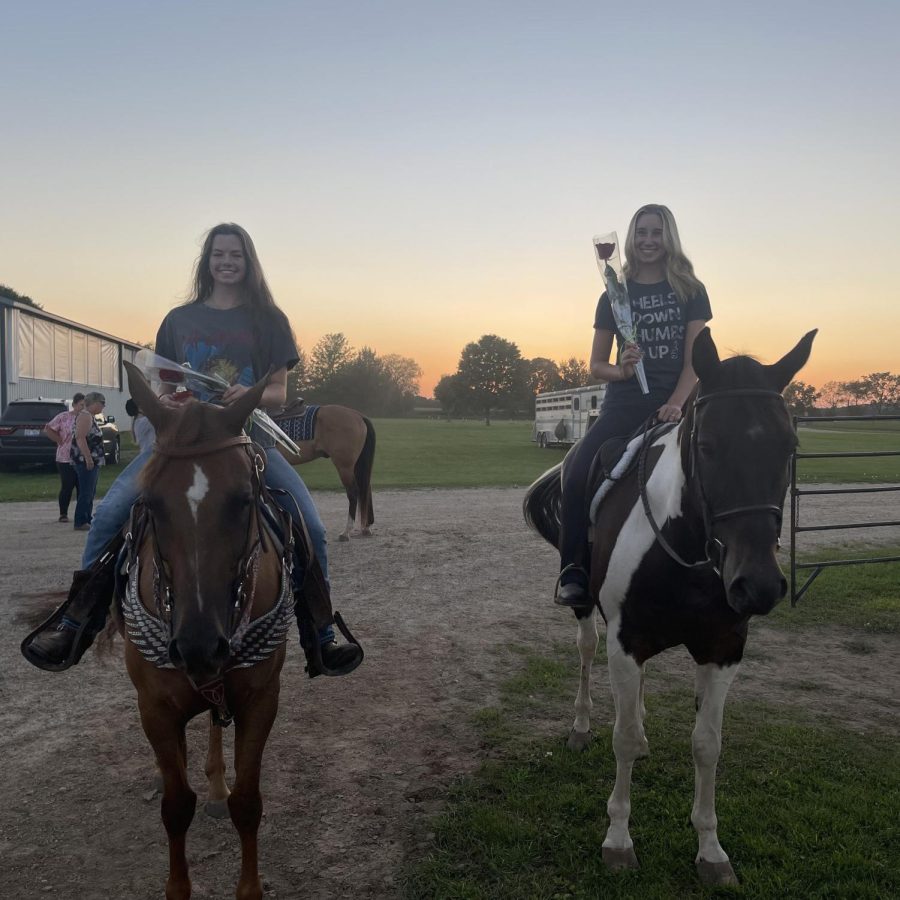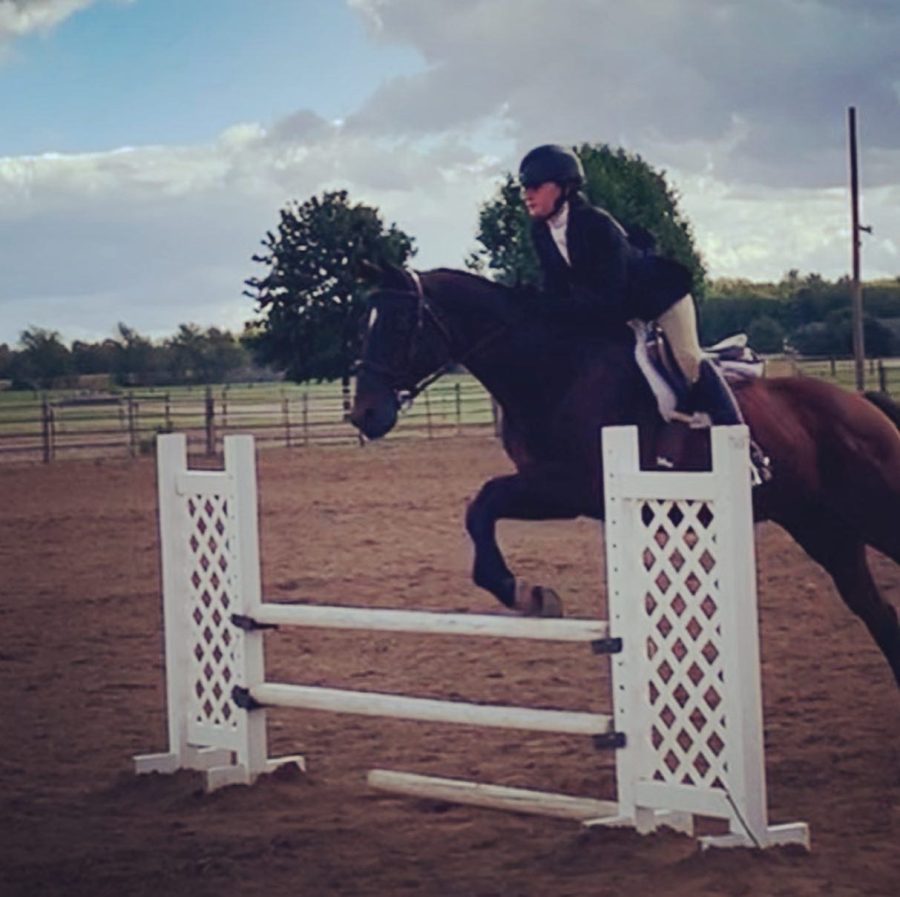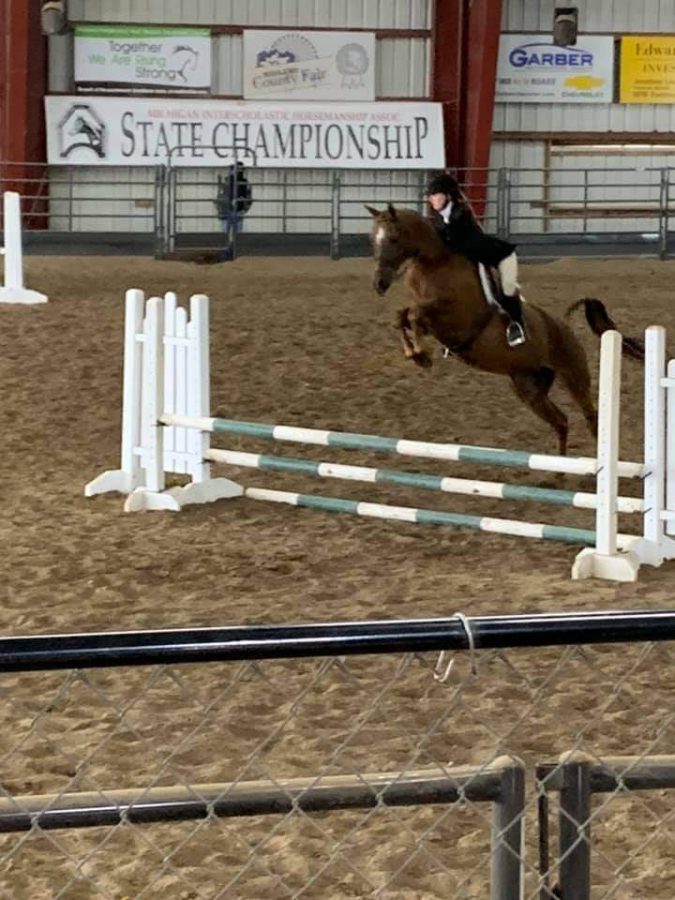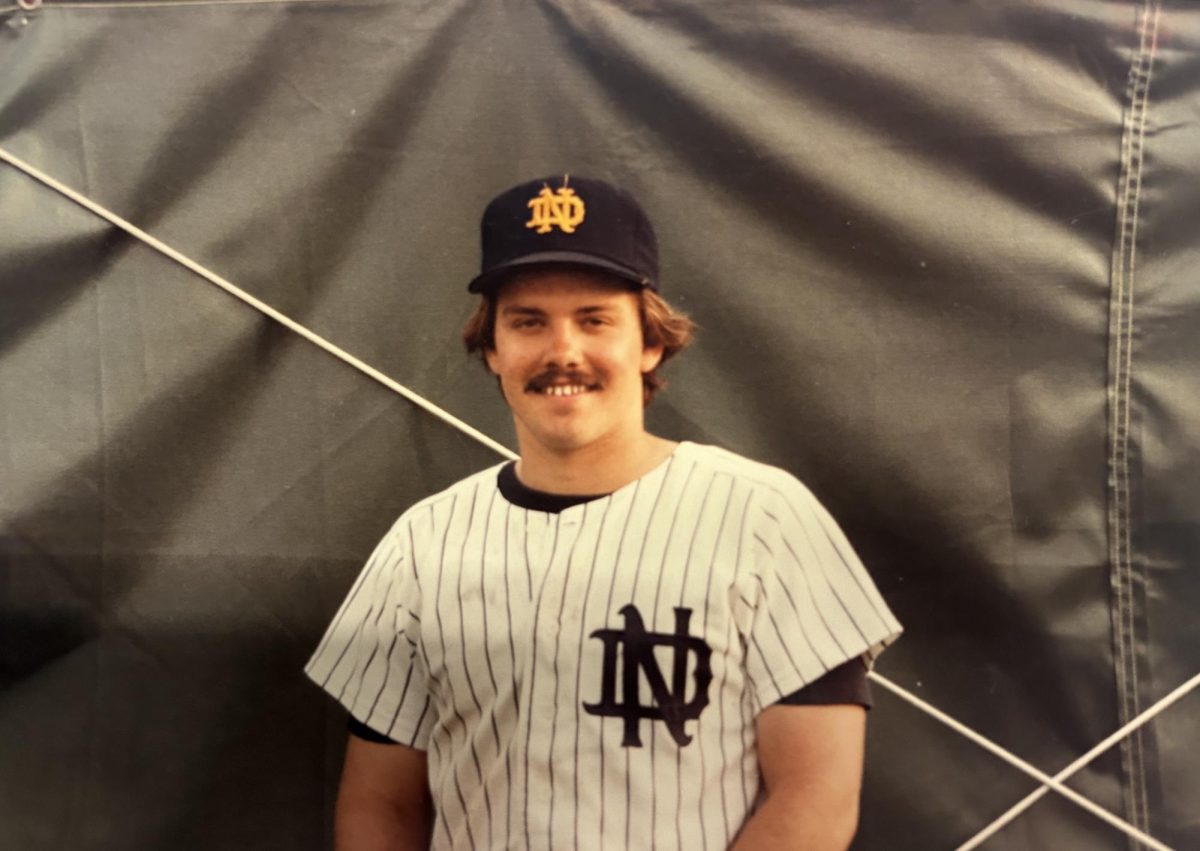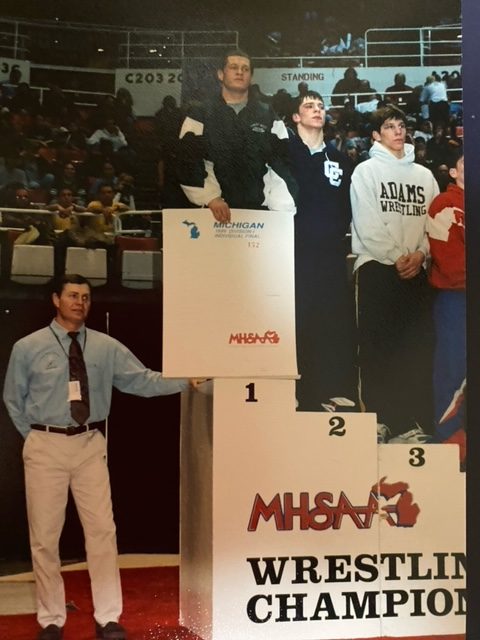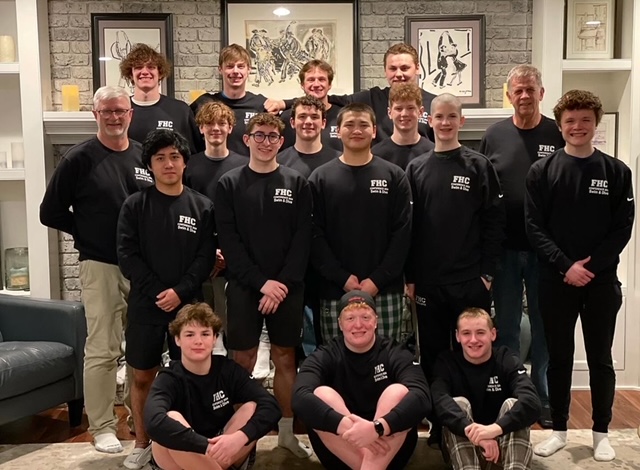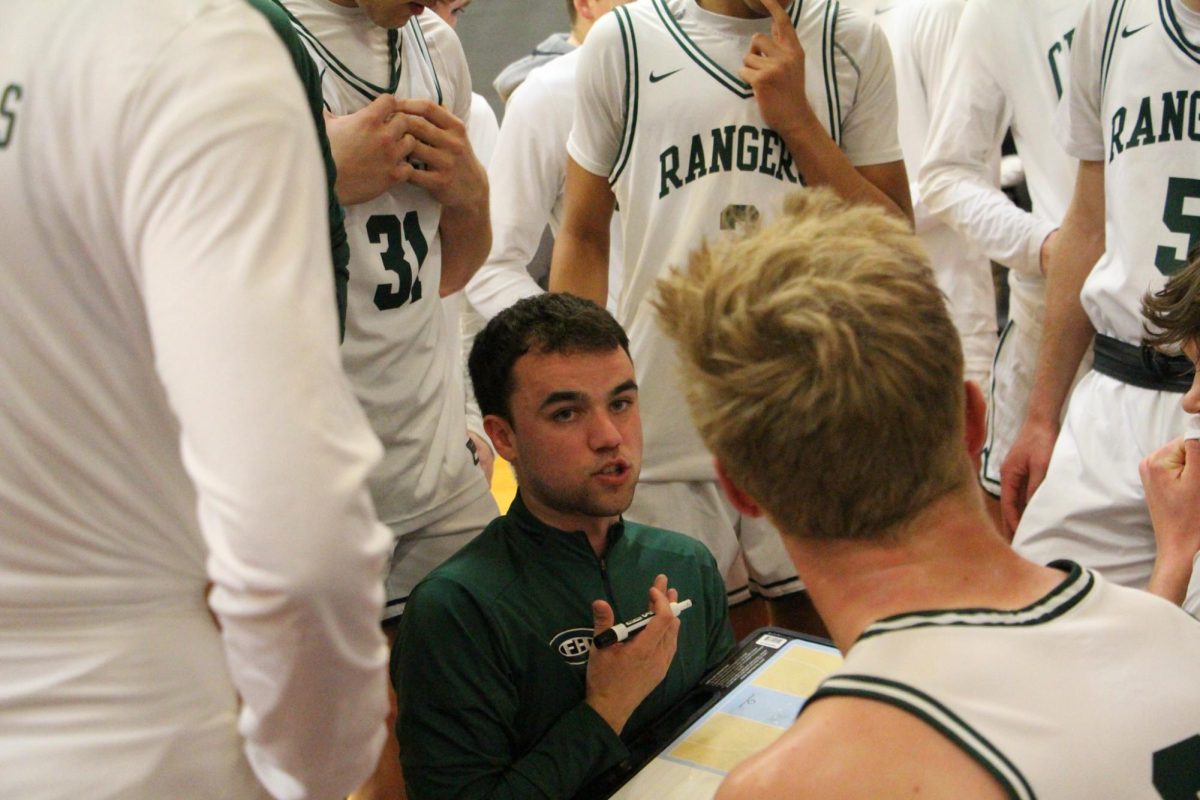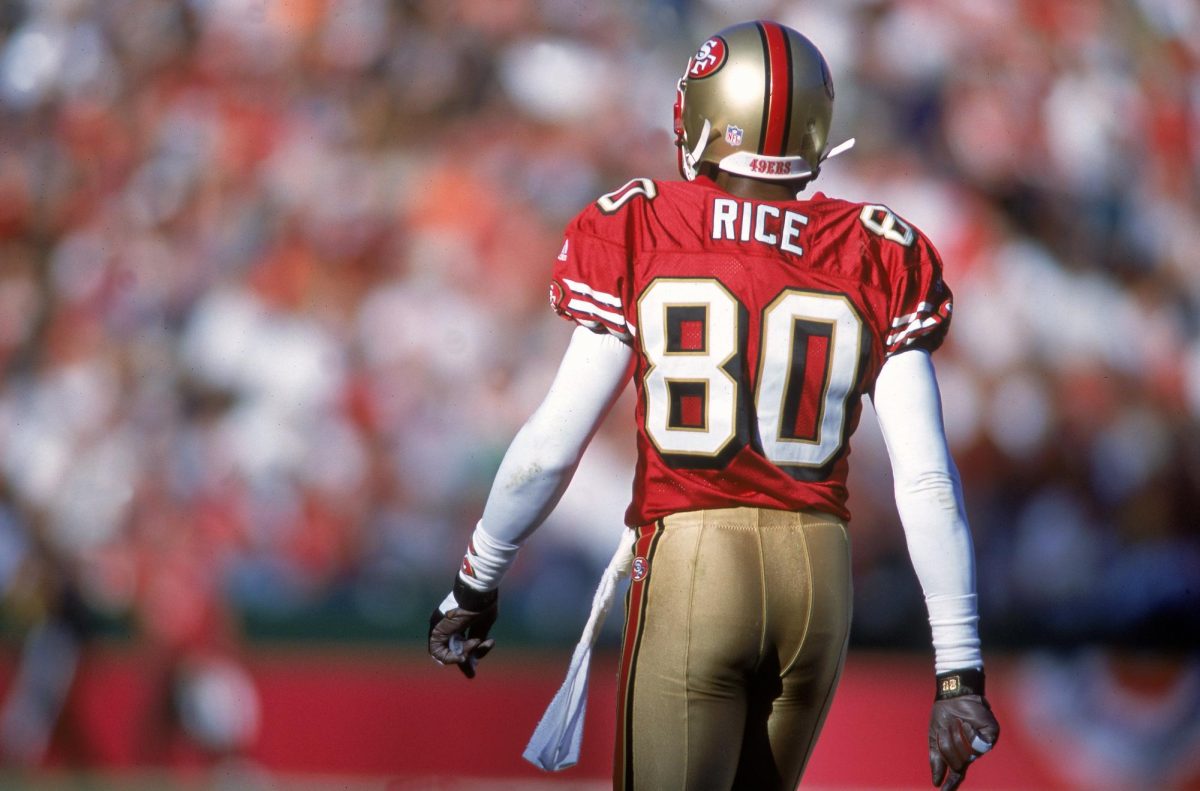When thinking of fall sports at FHC, there are a select few that come to mind immediately. For many, football, boys soccer, and volleyball are sports thought of first. With longer musing, cross country, swim and dive, and boys tennis also ring a bell. But there is another sport that also rightfully belongs in this category: equestrian.
As we know, horses have been utilized by humans for centuries, their use to us shifting as decades go by. Throughout history, their meaning has been many things, including transportation, war, companionship, work, and sport. As the western world grew, horses began to be used primarily for racing and jumps, which birthed equestrian.
At FHC, its place as a sport is essential for preserving it, as not all high schools offer equestrian. Due to its lesser-known nature, FHC’s team is small but successful. With their showing at states last year, they have made a name as one of the top teams in Michigan. Its importance is paramount to riders, including junior Juliana Lieuwen.
“I love the equestrian team because it teaches you how to work well with everyone in your team and figure out one another’s strengths and weaknesses so that everyone can get placed in the classes they will do best in,” Lieuwen said. “It also teaches hard work and stamina.”
As FHC’s equestrian team only has six riders, the team has developed a close-knit environment. Every team needs harmony to succeed, and equestrian stands as a perfect example.
“The community is amazing,” Lieuwen said. “Everyone shares the same passion (horses and riding) and all of the people are super supportive and kind to one another.”
Evidently, equestrian varies greatly from the typical sport as it involves animals and is more centered around form, technique, and execution. All of those parameters are stressed highly in competition, and adequate maintenance is required for the horses. Additionally, risks are always present when on horseback, as the rider can become terribly hurt if something were to go awry.
According to junior Ashley Hibma, Equestrian comes with equal difficulties to every other sport.
“The sport is much harder than people think,” Hibma said. “Show days are quite literally a test of how little you can survive off of. We wake up at 5:30, show for about eight to nine hours straight, and we typically don’t eat or drink anything all day besides coffee, energy drinks, and watermelon. The mechanics of the sport are also a lot harder than people think; there’s so many ways to experiment and learn but also to mess up severely.”
Similar sentiments are shared by junior Addison Sanford.
“Equestrian team is also hard because you usually don’t get a lot of time to practice before the season starts,” Sanford said. “Which can be tricky because you really need to trust your horse and know how to effectively ride your horse, as every horse is really different.”
Furthermore, equestrians’ schedule and season vary greatly from the timelines of most sports. FHC’s equestrian schedule only consists of four meets, ranging from late August to mid September, and this year’s season is already completed.
“It’s so different from any other kind of horse show,” Sanford said. “It’s organized a lot differently, there’s a lot of diversity in terms of breeds of houses and the kinds of disciplines MIHA [Michigan Interscholastic Horsemanship Association) offers.”
But its hardships culminate in great rewards for the riders.
“I’ve made plenty of mistakes, but the rewards of breaking through struggles with an animal who only communicates with you through feelings and actions is like nothing else,” Hibma said. “The girls and guys who compete in this sport are some of the toughest people I’ve ever met, and the community is so strong and supportive because of it.”
Equestrian’s unique identity makes it a sport deserving of great recognition. Its differences in competition ensure that riders gain most benefits of a typical sport, but also other values that can’t be earned in more commonplace sports.
“The community of people at these shows is really special,” Sanford said. “It instills hard work and responsibility because we are responsible for caring for our horses at the shows. It teaches patience and sportsmanship.”



